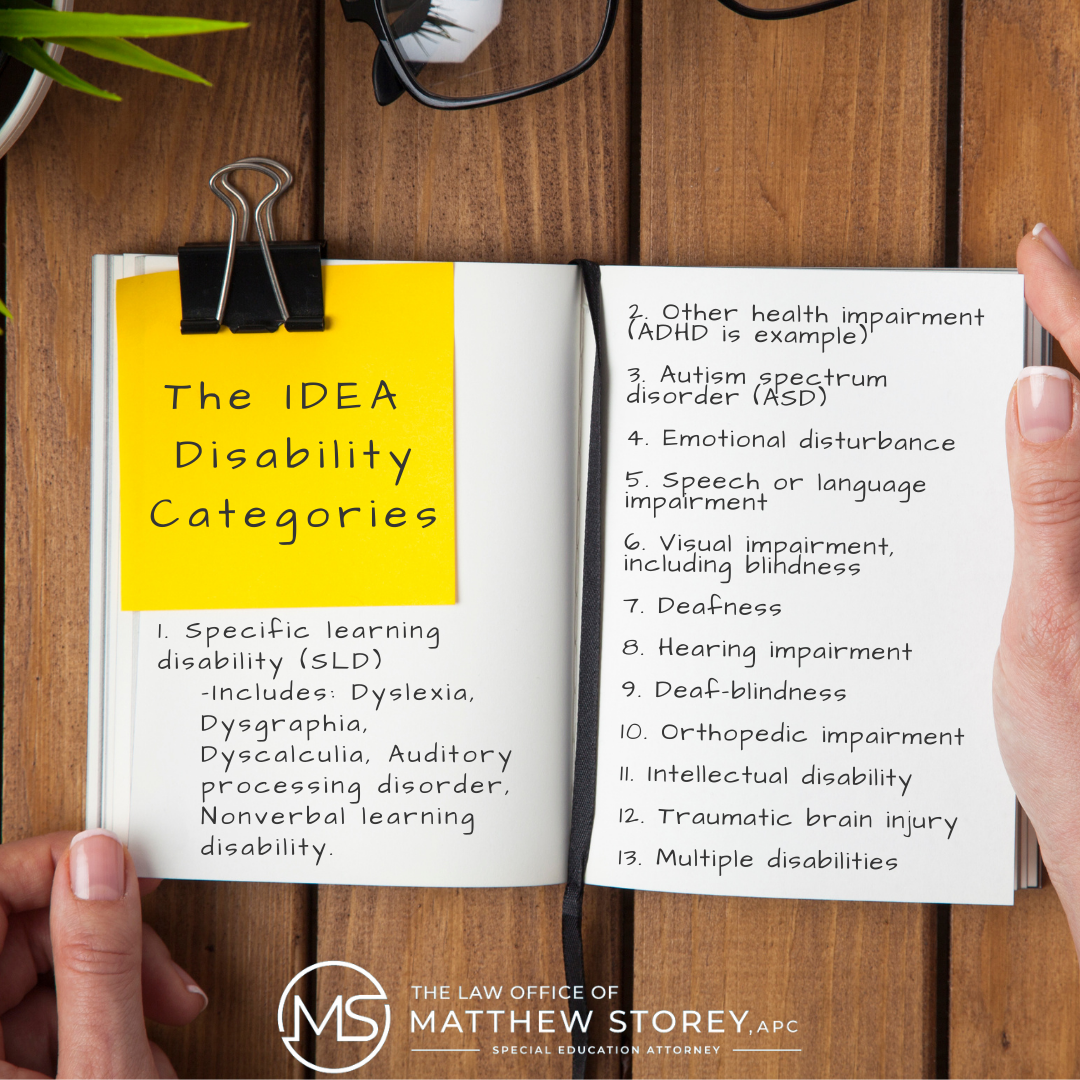Due Process
The procedure for due process and special education complaints is broken down in five steps. Though, in some cases, not all steps may be taken if a resolution can be reached early on during the process. A due process hearing is the final stage of special education complaints and will only be reached if no agreement is made. If there is no satisfactory resolution after the hearing, then parents can move forward with the appeal process.
Is your child eligible for special education?
Procedure for Due Process and Special Education Complaints
The procedure for due process and special education complaints is broken down in five steps. Though, in some cases, not all steps may be taken if a resolution can be reached early on during the process. A due process hearing is the final stage of special education complaints and will only be reached if no agreement is made. If there is no satisfactory resolution after the hearing, then parents can move forward with the appeal process.

* Resolution: Following the filing of a complaint, parents and the school will partake in a resolution session. Here, both parties will attempt to find a resolution to prevent the process from escalating. This session must take place within 15 days of the original complaint and is mandatory — if parents do not attend, the complaint may be thrown out entirely. The only exceptions to this mandate are if the parents and school both agree to forgo the session or if both parties agree to a mediation instead. An important note about resolution is that the session is not confidential – evidence presented may be used against your child in a trial setting.
* Mediation: Mediation is another route of negotiation similar to resolution except it is confidential and involves a third party mediator to help reach a legal agreement. In order to have a mediation, both parties must agree to attend. If an agreement is reached, both parties must sign a legal written agreement outlining the resolution of the complaint. The state assigns a qualified, third party professional to the mediation at random to ensure impartiality.
* Trial: If no agreement is reached in the mediation or resolution, both parties will then move on to a due process hearing. A due process hearing looks very much like a typical trial in a courtroom. You can bring a lawyer, present evidence, confront and designate witnesses and the trial may be open to the public. Both parties must share what evidence they will be sharing to one another at least five business days before the hearing. At the end, a hearing officer will make a decision.
* Appeal: In the case that the hearing officer rules against you, parents may appeal the decision. Depending on which state you live in, the appeal is either filed through the state-level SEA or must be pursued through civil action in court.
The amount of time needed for due process for special education proceedings can vary according to the severity of the complaint and the school’s willingness, or unwillingness, to cooperate.
What can I expect at my student’s due process hearing for a special education complaint?
Due process hearings for special education cases can be intimidating to many parents.
While a due process hearing for a special education case may look like a stereotypical courtroom trial,there are a few key differences. Most notably, a qualified hearing officer will be determining the outcome of your case instead of a judge. Parents are welcome and encourage to enlist the help of a lawyer to navigate the hearing though many states permit the use of education advocates to act as representation.
Five days before the hearing begins, both parties are required to exchange a list of witnesses and copies of any evidence you may wish to include in your argument. Information that you fail to disclose before preceedings may be deemed inadmissable.
Related Services
Service Title
Service Title
Service Title
F.A.Q.
Donec rutrum congue leo eget malesuada?
Vivamus suscipit tortor eget felis porttitor volutpat?
Curabitur non nulla sit amet nisl tempus?
Pellentesque in ipsum id orci porta dapibus?
Curabitur non nulla sit amet nisl?
Contact Us




